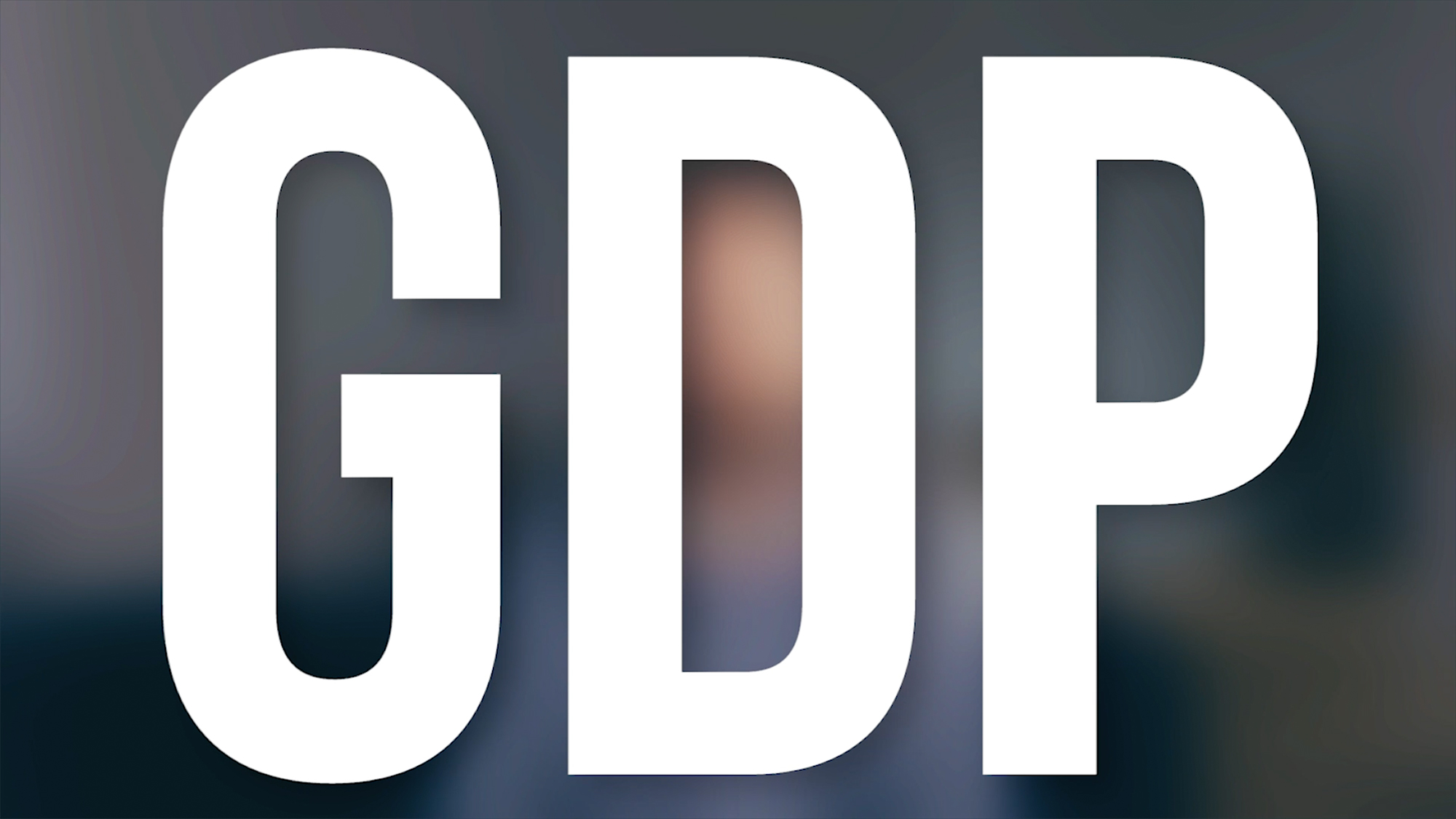One of the key ideas driving the fight for wellbeing economies is the realisation that the Gross Domestic Product — the GDP — and its “endless growth” may no longer be the right measures to guide our economic policies. What served us well in the past, particularly after the end of World War 2, seems to be increasingly dangerous for the development of our societies. In our latest short video, we’re explaining why that is:
[youtube https://www.youtube.com/watch?v=fqWtD7AUNBw&w=1110&h=624]
Update December 3rd 2018: If you’re interested in this, here is another blog post that describes what an alternative to “GDP-thinking” might look like, and what countries are doing to implement it.


5 replies on “Criticising the GDP: a Key Concept for Wellbeing Economies.”
YES!! You are right on mark with this. Could not be more pleased that a group of smart, talented, creative people are taking this on. We have been treating our economy as if it is a living being, talking about the health of our economy by every day, measuring it’s ups and downs by the hour. At the same time scientists around the world measuring the health of our air, land and water are discounted as if 99% agreement means they are divided in opinion. It is time for someone like you to get the message out that we need a Wellbeing Economy.
Maureen, thanks so much, this means a lot to us! Stay with us, and let’s hope that we can have an impact with our work! 🙂
Wonderful
[…] In other words, and once again: More GDP does not mean better lives. […]
[…] almost all governments are most interested in is GDP growth. (We talked about what that means in our video about the GDP.) But there are more: the unemployment rate. The exchange rate. The stock market […]